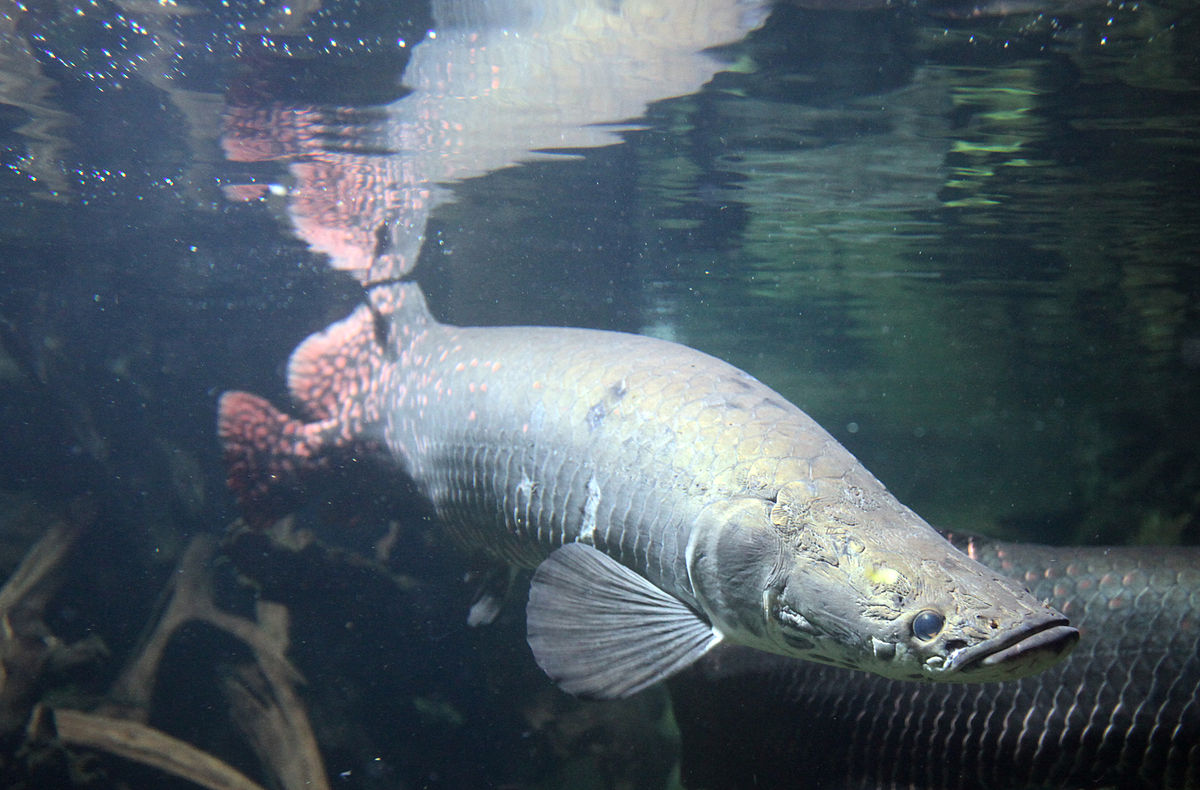A new world record has been set for the number of satellites sent to space on a single rocket.
The 143 payloads, of all shapes and sizes, rode to orbit on a SpaceX Falcon rocket that launched out of Florida.
The number beats the previous record of 104 satellites carried aloft by an Indian vehicle in 2017.
It’s further evidence of the significant structural changes taking place in space activity that allow many more actors to get involved.
This shift results from a revolution in robust, miniaturised, low-cost components – many taken direct from consumer electronics such as smartphones. That means pretty much anyone can now build a capable satellite in a tiny package.
And with SpaceX offering to transport those packages to orbit for just $1m. The commercial opportunities will continue to open up.S
SpaceX itself had ten satellites on the Falcon – the latest additions to its Starlink telecommunications mega-constellation, which will deliver broadband internet connections around the globe.
San Francisco’s Planet company had the most satellites of all on the flight – 48.
These were another batch of its SuperDove models that image the Earth’s surface daily at a resolution of 3-5m. The new spacecraft take the firm’s operational fleet now in orbit to more than 200.
The SuperDoves are the size of a shoebox. Many of the other payloads on the Falcon rocket were little bigger than a coffee mug, however; and some were smaller even than a paperback book.
Swarm Technologies is rolling out what it calls the SpaceBees. They’re just 10cm by 10cm by 2.5cm.
They’ll act as telecommunications nodes to connect devices attached to all manner of objects on the ground, from migrating animals to shipping containers.




